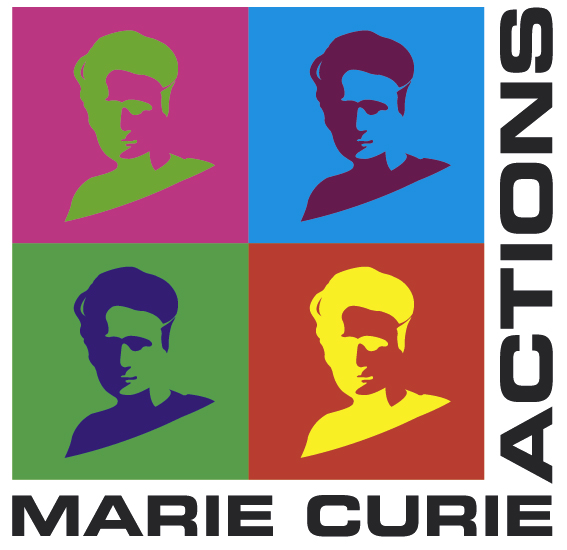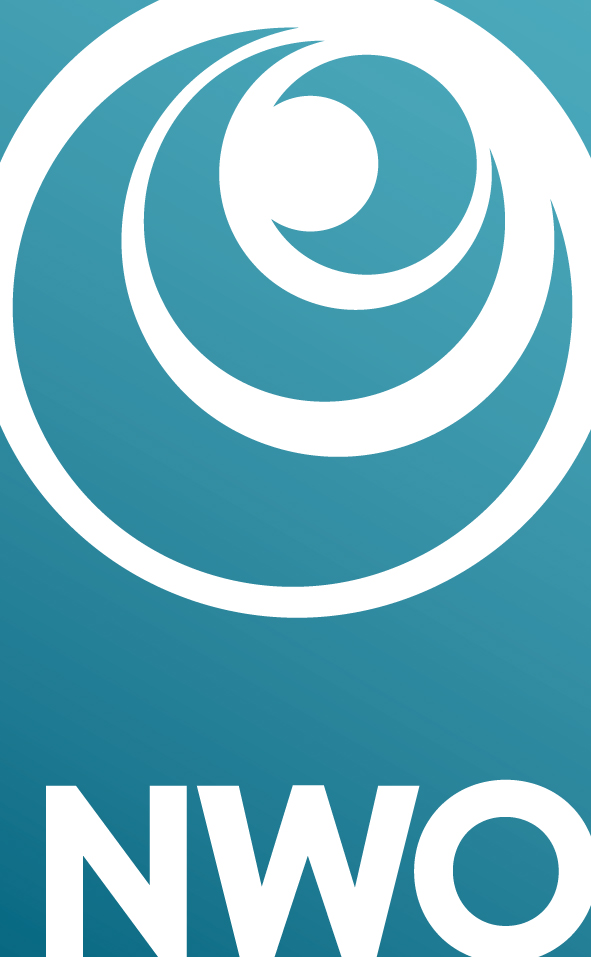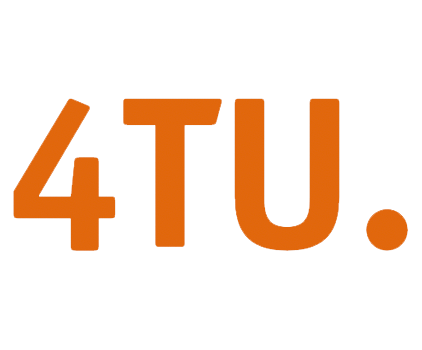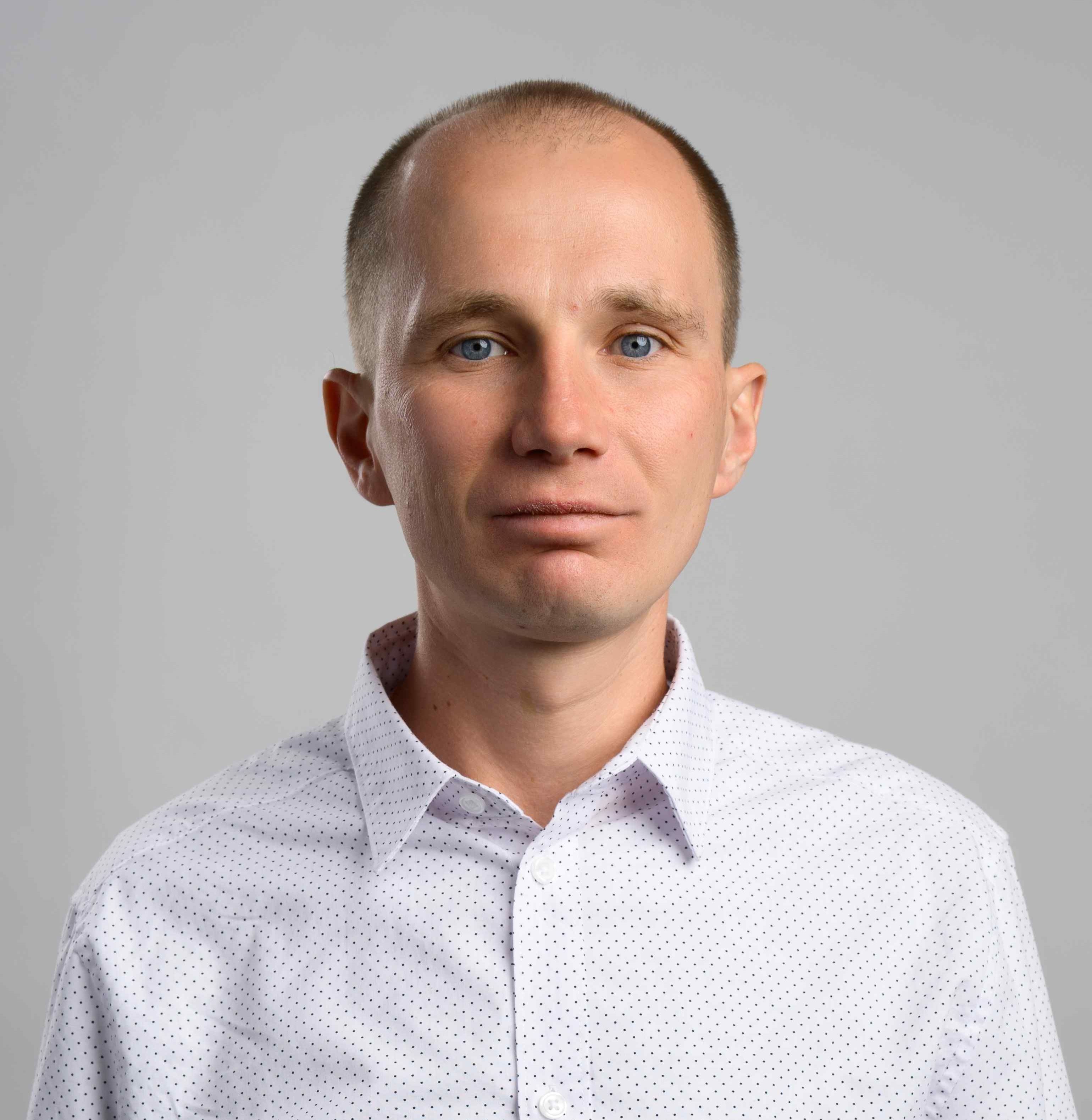Welcome to my personal homepage! I am currently working as an assistant professor in the Computational Design Systems cluster of the department of Industrial Design of TU Eindhoven. My focus is on AI-driven interaction between automated vehicles, people inside of automated vehicles and other road users.
During 2018-2022 I was postdoctoral researcher in the Human-Robot Interaction group at the department of Cognitive Robotics of TU Delft. My focus was on Human Factors of communication between automated vehicles and vulnerable road users (pedestrians, cyclists). I am a big advocate of open science (hence this website hosted on GitHub) and I volunteered as a data champion of the 3mE faculty of TU Delft. I joined TU Delft in August 2014 to work within the HFAuto project as a Marie Curie Fellow. During my PhD, I aimed to develop a human-machine interface for highly automated driving, focusing on the auditory modality. I defended my PhD in December 2018.
Before starting my PhD on human factors, I was doing something completely different. I concluded Erasmus Mundus Double MSc in Dependable Software Systems with double distinction at the University of St Andrews (Scotland) and Maynooth University (Ireland) in 2014. I wrote two dissertations within this degree where I evaluated the implications of porting a strongly-encapsulated programming language Insense to multi-core systems and the impact of the cache on multi-threaded data-sharing applications. I enrolled in the BSc course in Computer Science at the National University of “Kyiv-Mohyla Academy” (Ukraine). After the 1st year of the course, I decided to experience international mobility and transferred to a BEng programme in Information Technology at Mikkeli University of Technology (Finland). I concluded the degree in 2012, specialising in Software Engineering. In my thesis, I focused on the development of a customisable multitenant web form for the bioenergy sector. After my MSc, I decided to switch my research focus and enrolled in the PhD project on automated driving, as I was looking for a more hands-on area that has a direct impact on our world and great potential to save millions of people.
I like to be active and engage in interesting projects. During 2018–2021, I was a director of data science research at SD-Insights. I was a chair (2017–2021) and a vice-chair (2021–2022) of the Bridging Science and Business (BSB) working group of Marie Curie Alumni Association (MCAA). I was also a chair (2015–2017) and a vice-chair (2017–2019) of the BeNeLux chapter of MCAA. I am currently a member of the board with the position of treasurer of the association (since 2022). I was a member of the Capacity building task-force of (ESAA) (2018–2019), a board member of the Eurasian chapter (2017–2019), a member of the Communications and Course Quality Advisory Board (2017–2018) teams, and a director of Research and Innovation (R&I) unit (2019–2021) of Erasmus Mundus Association (EMA).
Multi-user communication in traffic
I am currently engaged in research on communication between multiple automated vehicles and multiple vulnerable road users. Most of the experiments in current research feature 1, maybe 2, human participants. But, think about driving around a town in real life. Traffic situations are very complicated. Being able to perform experiments with 3, 4, …, 16 participants is essential for understanding the mechanics of communication of situation awareness/collaborative decision making/collaboration in both modern and future traffic. To enable such research, I present an open-source simulator. It supports a virtually unlimited number of human participants and fine-tunes for high-precision data logging. It is aimed at, but not limited to, academic research.
Demo of coupled simulator with 3 agents in the same traffic scene.
Upcoming events
Intelligent Human Systems Integration (IHSI) Conference
Florence, Italy
Human Interaction & Emerging Technologies: Artificial Intelligence & Future Applications (IHIET-AI) Conference
Valencia, Spain
Automotive User Interfaces (AutoUI) Conference
Gothenburg, Sweden




